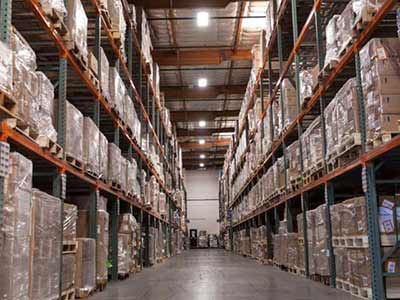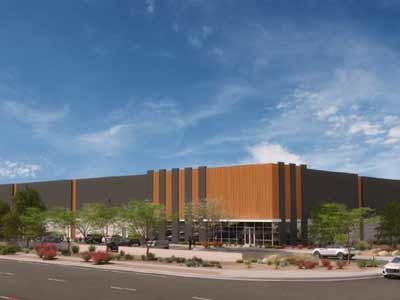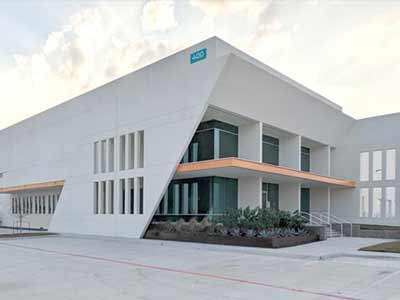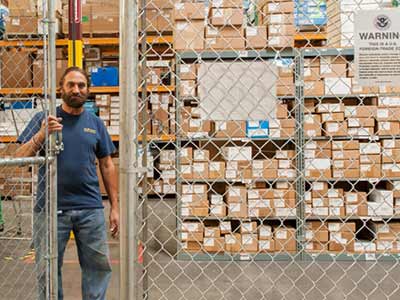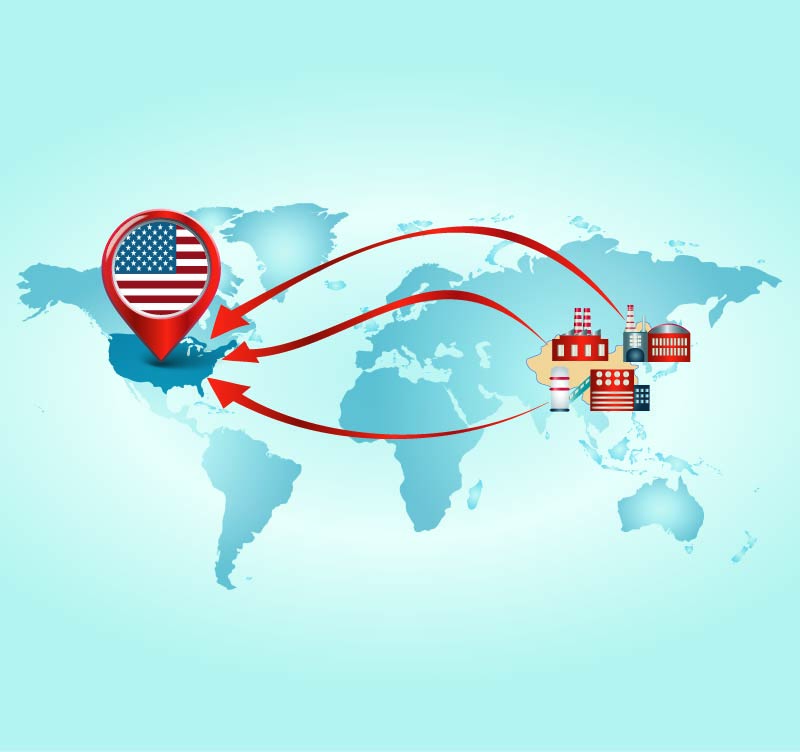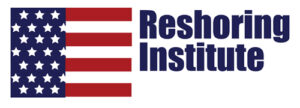
California:
Hayward:
NEW!
7150 Patterson Pass A&B: 181,458 sq ft
1619 Whipple Road: 40,200 sq ft
7600 Hawthorne Avenue: 75,451 sq ft
Fremont:
41707 Christy: 190,080 sq ft
41049 Boyce Road: 47,703 sq ft
44951/31 Industrial: 66,500 sq ft
40577-C Albrae: 43,230 sq ft
40577-B Albrae: 28,260 sq ft
40577-A Albrae: 28,800 sq ft
1619 Whipple Road, 40,200 sq ft
31775 Hayman Street: 75,328 sq ft
2701 W Winton: 237,400 sq ft
Livermore:
7150 Patterson Pass A&B: 181,458 sq ft
7600 Hawthorne Avenue: 75,451 sq ft
New! Greater Phoenix and Southern Arizona
- Regional sales headquarters
- New 190,000 sq. ft. warehouse planned
New! Austin, Texas
- 200,000 sq. ft. warehousing & distribution center planned
- Supports local automotive plants
- Regional office: 400 Vista Ridge Drive: 111,806 sq ft
New! Ann Arbor, Michigan
- Commercial logistics facility to support KLA
9257 East M-36 (10631 Hi- Tech Dr): 52,800 sq ft
RK is expanding to 4 new locations
With our 4 latest warehouse openings, we’ve increased our footprint to 16 facilities with over 1.6 million square feet of warehouse space.


